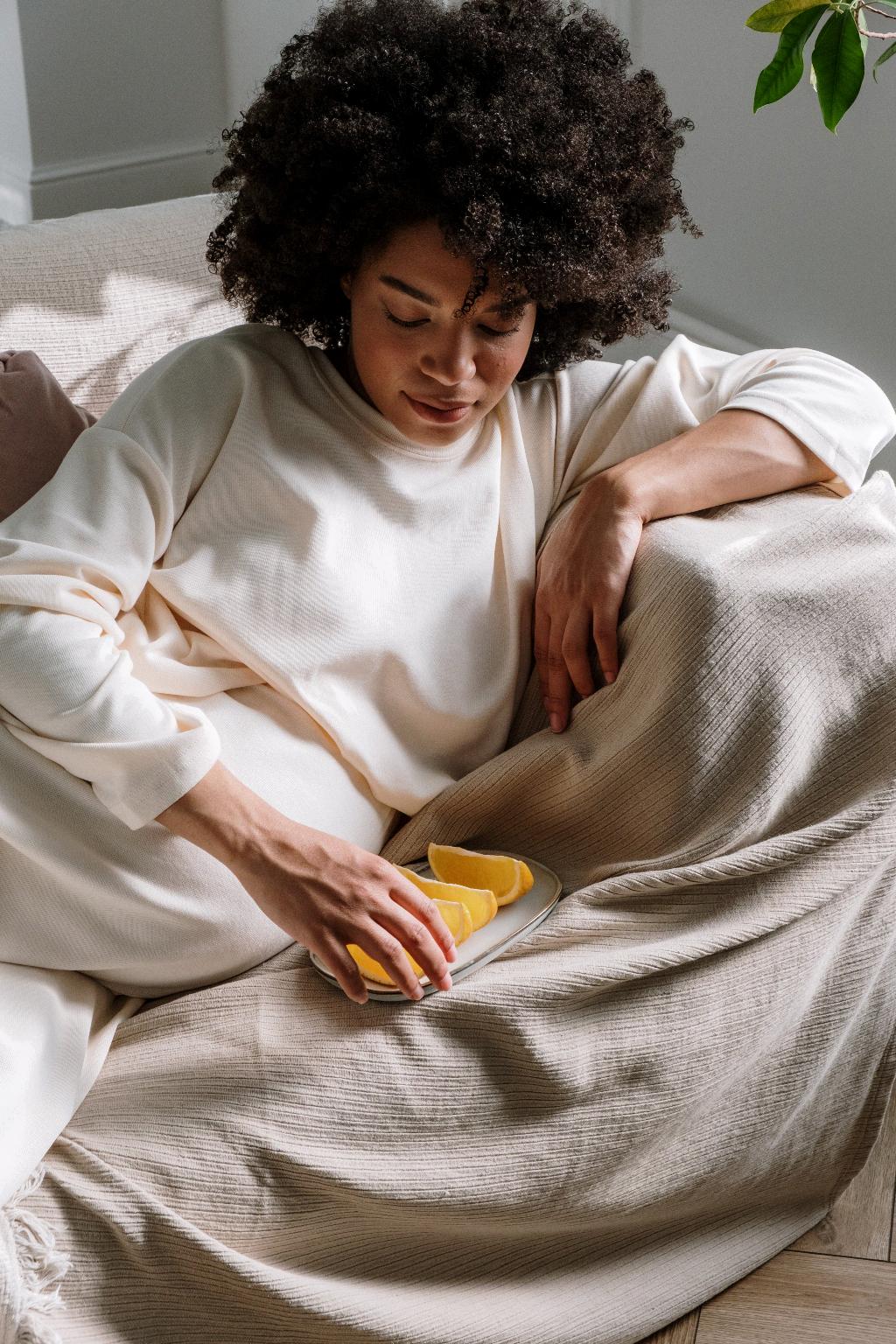Following an ectopic pregnancy, it is common for individuals to experience various forms of pain and discomfort in the lower abdomen. This pain can vary in intensity and duration for each person, as it is influenced by a variety of factors such as the type of treatment received, individual pain tolerance, and emotional response to the traumatic event.
For many individuals, post-ectopic pain can present as a persistent, dull ache in the lower abdomen. This dull ache may feel similar to menstrual cramps, but can be more intense and prolonged. The pain may come and go, or it may be constant, depending on the individual and their specific circumstances.
In addition to dull aches, some individuals may experience sharp, stabbing pains in the lower abdomen following an ectopic pregnancy. These sharp pains can be sudden and intense, often catching individuals off guard and causing significant discomfort. It is important to note any changes in the intensity or frequency of these sharp pains and to communicate them to your healthcare provider.
Aside from physical sensations, post-ectopic pain can also manifest as emotional distress and psychological discomfort. The experience of pregnancy loss, coupled with the fear and uncertainty of an ectopic pregnancy, can contribute to heightened awareness of any pain or discomfort in the lower abdomen. This emotional component can exacerbate the physical sensations and make them feel more intense.
It is not uncommon for individuals to feel a sense of heaviness or pressure in the lower abdomen as part of post-ectopic pain. This sensation can feel like a weight or tightness in the pelvic region, adding to the overall discomfort experienced. This feeling of heaviness may be accompanied by bloating or swelling in the abdomen.
Some individuals may also describe post-ectopic pain as a throbbing or pulsating sensation in the lower abdomen. This throbbing sensation can be rhythmic or irregular, and may be more pronounced during certain activities or times of the day. It is important to pay attention to any changes in this throbbing sensation and to report them to your healthcare provider.
In some cases, individuals may experience referred pain in other parts of the body as a result of post-ectopic pain. This referred pain can manifest as discomfort in the shoulders, chest, or back, and may be a sign of internal bleeding or other complications. If you experience referred pain along with lower abdominal pain, seek medical attention immediately.
It is essential to communicate with your healthcare provider about any post-ectopic pain you are experiencing, regardless of its intensity or duration. Your healthcare provider can help determine the underlying cause of the pain and develop a treatment plan to address your specific needs. Do not hesitate to seek medical assistance if you have concerns about the level of pain you are experiencing.
Remember that post-ectopic pain is a normal part of the recovery process for many individuals, and it is important to prioritize self-care and emotional well-being during this time. Engage in activities that bring you comfort and relaxation, and seek support from loved ones or mental health professionals if needed. You are not alone in your experience, and there are resources available to help you navigate this challenging period.

